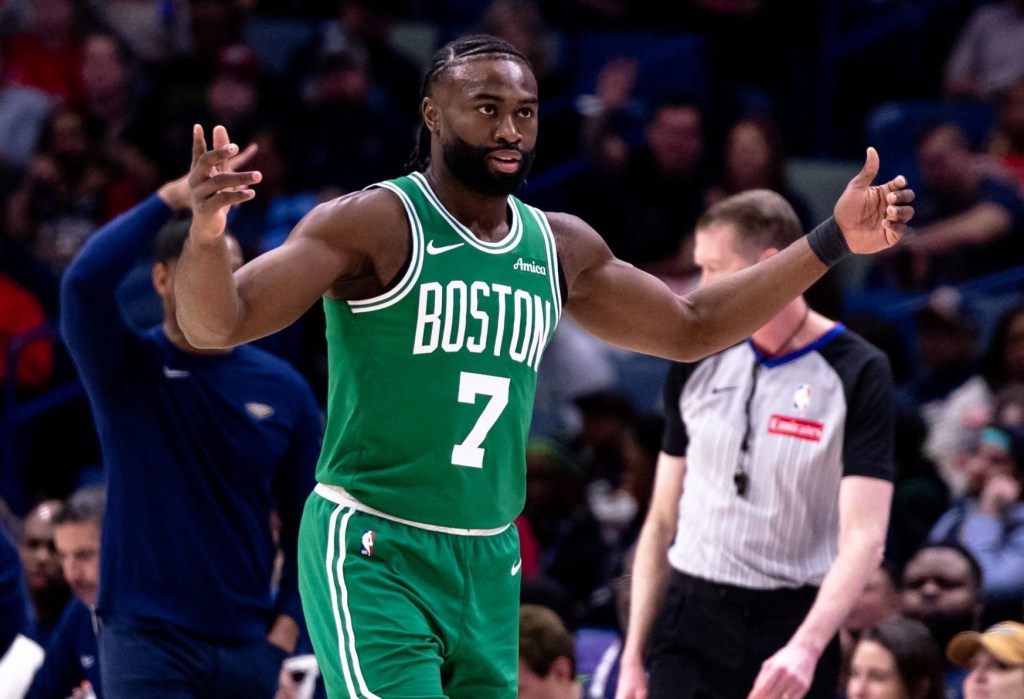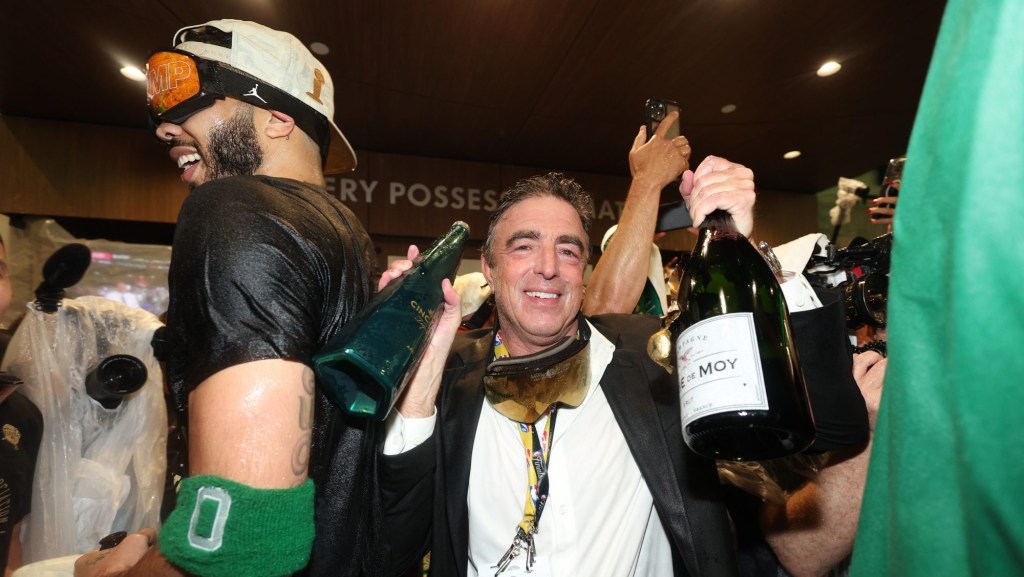By: Jay Stein, @JStein209

Front Office Sports is proud to have sat down with Luke Mohamed, Manager of Corporate Sponsorships for DC United. Luke has worked in a variety of roles in sports business, earning his Bachelor’s in Accounting and Sports Management from Robert Morris University and then his MBA in Sports and Entertainment Management from the University of South Florida. He was more than happy to offer up his time and insight into his sports business journey, some of his general thoughts on the competitive landscape of corporate partnerships, the challenges he faced breaking into the industry and why you have to be open to take on new challenges or new positions to succeed in this industry.
What was your experience like breaking into the sports business industry and how did you prepare yourself for the role you’re in today?
I really got into sports by accident. I was at Robert Morris and I was [majoring in] sports management and accounting [in] undergrad and I was just planning to be an accountant. I had a couple interviews for an accounting internship my junior year of school, ended up not getting either of them, and so although I had good grades, I had no work experience going into my senior year.
A few days later I got an email that the Pittsburgh Marathon was coming and they were looking for interns. I applied [and] ended up getting the internship. The first year went well and they brought me back for a second year to stay on as an intern and then they brought me on full time when I graduated from Robert Morris.
In total, I spent a little over five years there and was able to work my way out as an intern to being in a full-fledged sponsorship sales role alongside our director of development, and that is how I got into the industry.
I was looking to make my next move and ended up going to the University of South Florida, in Dr. Bill Sutton’s business program and in addition to getting my MBA I was able to keep getting my work experience. So I spent a year with Ironman Triathlon in their sales team and then I spent about seven months with the Tampa Bay Sports Commission, which ended a little prematurely because I received this job opportunity from D.C. United.
Would you suggest others approach the sports industry with a specific area of focus that they want to work in or cast of a wide net and be open to a variety of opportunities?
Definitely a wide net. If you would have asked me, as a junior in college, I would have said that I would have never worked for a marathon. Or if you would have asked me a few years ago, I would have told you that I’d never work for MLS. But if you keep yourself open to those opportunities you’ll find out really what you like or don’t like.
If you’re more narrow-minded and only want to work in professional baseball and only want to do marketing, that’s all well and good if you vetted all your options and you determine that this is what I want to do for a dream job. But at that point you must be willing to accept that you might be getting yourself too narrow. So if that’s your focus, you better be really good at what you do because there’s only so many opportunities.
And if you’re that narrow focused, you may not open yourself up to learning other opportunities and you’re probably not as well suited for some positions as someone that’s really broadened their horizons and has worked at other places and [has] other experiences.
What were some of the challenges you faced breaking into the sports business industry and then as you have progressed in your career?
One challenge people see breaking into sports is that most people don’t want to do sales because of its perception. And so I just thought I was fortunate that I got a job that was not in sales and that I was in event management, operations and some other things and unbeknownst to me, I was doing a sales job, in that I was selling the service of what I wanted to offer at the marathon.
Eventually that went into a sales role and that was one of the biggest challenges I remember facing at the marathon. At first it was a lot of supporting our director of development and then they wanted me to take on more of a leadership role and have me go out and find more accounts, bring in more revenue and be less of a farmer and more of a hunter and I was not successful at that at first. I remember our director of development sat me down and told me they had been disappointed in me over the past couple months — they expected more!
There’s nothing worse to have someone tell me I let them down and so I came back into the office changed my mentality on what I needed to do. And at the end of the year when I was getting ready to graduate the director came up and told me how after we had that talk it was a total one-eighty.
So when I look back, the moments I’m most proud of in my career usually followed someone rejecting me or telling me I did something wrong because that’s how you grow. And so off of that I’m a huge fan of just being direct and giving feedback. No one likes to hear negative feedback but once you start hearing it and get used to it, that’s how you get better and that’s how you improve.
What do you feel has helped you most up to this point in your career as you have progressed throughout sports business?
One thing that I did was just a shift in my mentality… I used to ask a lot ‘why should I do this,’ … where alternatively now my approach to things is why not. Unless I can think of a reason not to do something, I’m going to do it, and that’s extended into my work and in my career.
If I’m putting together a proposal and someone might say, ‘why do we have to do this, will it really make a difference?’ And I’ll say, unless you can prove that it’s not going to make a difference, let’s spend the extra time to do this research, to update this slide, to dig a little deeper, because although it’s just a small little detail, those small little details add up.
What do you feel are important qualities people need to have for them to succeed in the sports business industry?
Just being yourself and that’s certainly easier said than done. People at a networking event may tighten up because they think they need to act a certain way. My advice would be to just always be a good, happy, friendly person and that way you don’t have to worry about putting on a show.
Obviously it’s tough if you’re trying to break in the industry and you’re at one of those events and you’re nervous, but people remember what it was like and it’s okay to be nervous. But the ones I’m going to remember are the ones that take their guard down and just talk to me like a normal person.
Using one word, how would you define the sports business industry and why?
Fun! I think what I do is fun, and I love it… but it’s not necessarily fun for why people may perceive it as fun. People would perceive it as fun because they think you get to go to games and talk to players and things like that, which isn’t the reality. The other word that keeps coming to mind is tough and not in a bad sense… but it is challenging both physically and mentally.
Parting Wisdom?
Be open. I started with a marathon, went to a triathlon and now I’m in professional sports. Everyone has a different route and a lot of students just look at their end goal and want that to happen right out of undergrad and unfortunately that’s not always how it works.
We would like to thank Luke for his time and insight and we wish him all the best in his future endeavors!
You can follow him on Twitter here or connect with him on LinkedIn here!
















